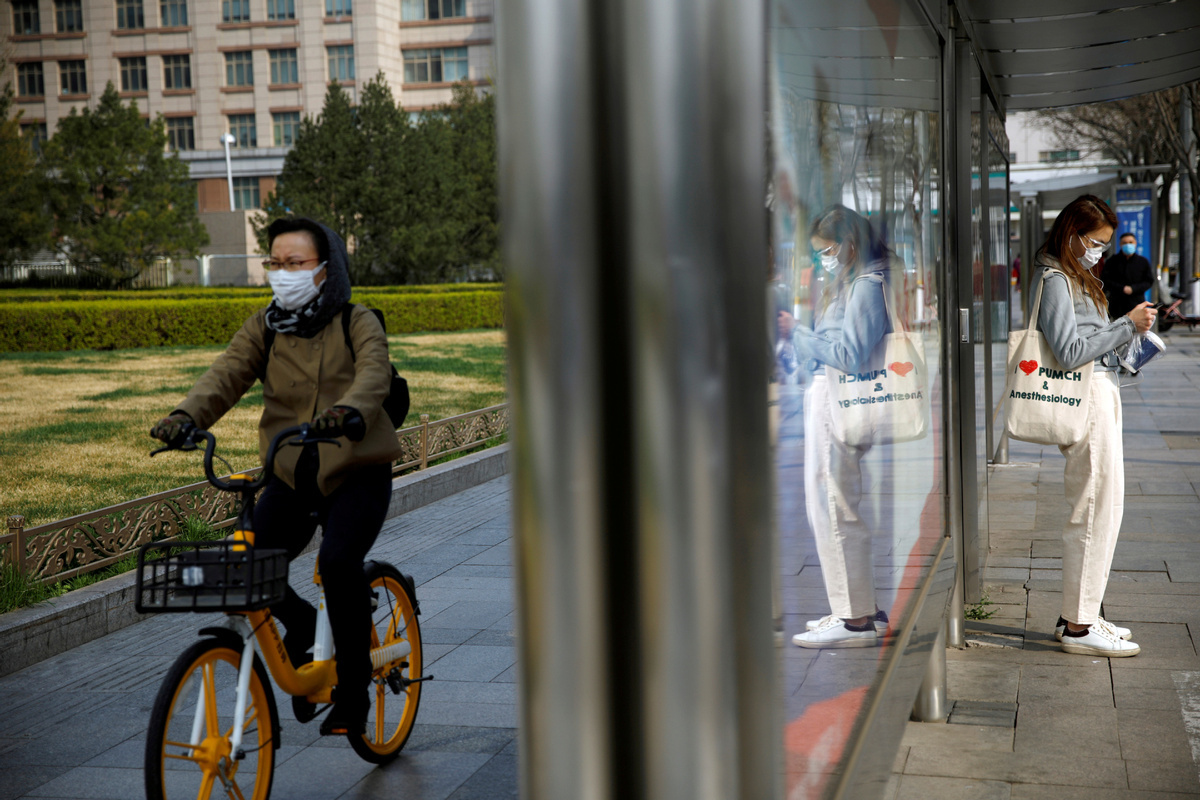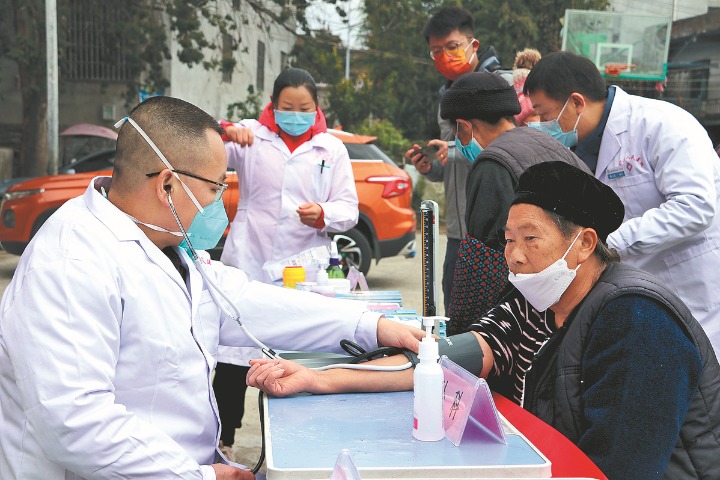Top expert offers insights on disease carriers

Asymptomatic COVID-19 cases can transmit the bug to others, but no evidence shows that such people are highly infectious, said Zhong Nanshan, a leading Chinese respiratory expert.
China reported 1,367 asymptomatic coronavirus cases on Wednesday and said asymptomatic cases will be reported daily in response to the public concerns about people who have tested positive but are not sick.
"The asymptomatic patients on our radar can be classified into two groups. One category is close contacts with confirmed cases," Zhong said in an interview on a Shenzhen television station in Guangdong province on Wednesday.
"The second is people returning from countries and regions hit hard by COVID-19. Quite a few of them have no symptoms. This is worth attention."
Zhong said he thinks asymptomatic patients are not likely to cause a new large-scale outbreak in China.
"We have a very strong monitoring system, which means we can segregate patients once we spot them. Meanwhile, we will quarantine their contacts and put them under medical observation. So, they cannot cause fresh outbreak if the transmission chain is cut off at the beginning."
For carriers with no symptoms, Zhong suggests double testing to detect infections.
"Besides nucleic acid tests, we can do antibody tests in seven days or so during quarantine. These double checks can help confirm whether they are infected or not," he said.
Researchers in the Hong Kong Special Administrative Region found that pulmonary function was somewhat impaired among the first batch of recovered patients.
Yet Zhong said his observations of a limited number of patients over a short time frame indicate that pulmonary fibrosis in quite a few of cases is reversible to normal.
Some people who recovered from the disease have been found positive through nucleic acid tests. Zhong reckons most patients have a comparatively strong antibody status after recovery, and the chance that they will infect others is small.
With strong measures being taken around the world, Zhong believes, the pandemic can be controlled by the end of April — assuming the measures work.
"There are two ways to halt the pandemic. One is to restrict it to a small area; the other is to slow down its spread," Zhong said.
Please feel free to contact us by sending your questions to question@chinadaily.com.cn or commenting on China Daily app. We will ask experts to answer them.














